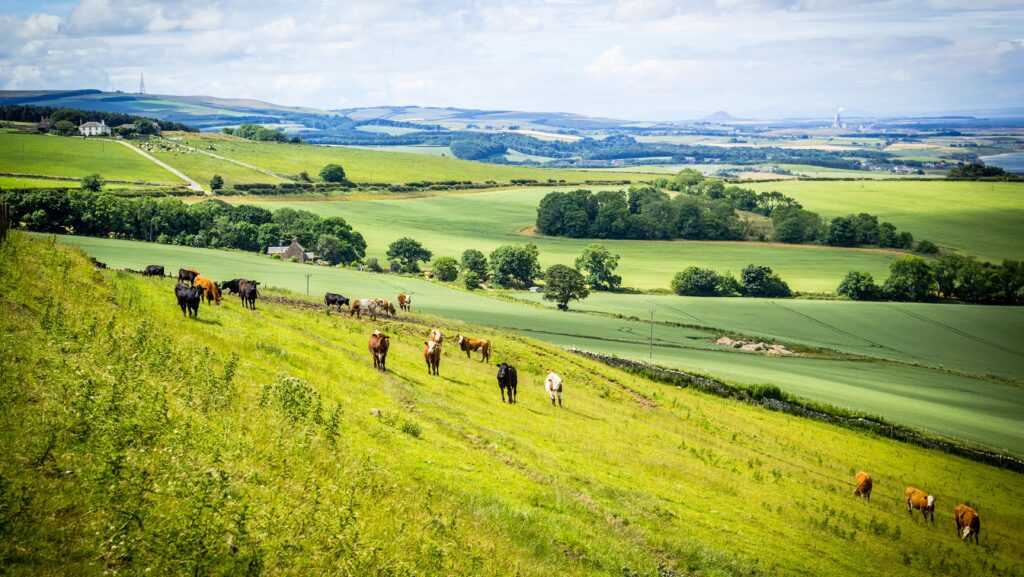Scottish farming views sought to feed into Rural Delivery Plan
 © Adobe Stock
© Adobe Stock A Scottish government survey has been launched to gain industry views on which issues should be covered by its new Rural Delivery Plan.
The survey, which is due to remain open until 17 March, focuses on mainland rural Scotland and covers agriculture and land reform as part of its remit.
However, the Scottish government has faced criticism from opposing parties for “talking shop” rather than taking direct action.
See also: Reintroducing wolves can counter climate change, claims study
Responses to the survey will be used by the Scottish government to determine which issues need to be addressed in rural parts of Scotland.
Scottish rural affairs secretary Mairi Gougeon said: “The Rural Delivery Plan will introduce, for the first time, a vision for rural Scotland with specific objectives and achievements we want to reach, how we intend to get there, and how we will measure success along the way.
“This builds on our record of support for rural communities, such as preserving direct support for farmers and crofters, to improving online connectivity.”
The consultation has come under fire from the Scottish Conservatives, however, which say the Scottish National Party (SNP) have repeatedly neglected rural communities during their 18-year tenure.
Shadow rural affairs secretary Tim Eagle said: “The ferries scandal, failing to upgrade or dual key roads, a shortage of housing, the visitor levy and centralising key public services are just a few of the areas where rural Scotland has been abandoned by the SNP.
“When I speak to rural residents and businesses, they tell me they just want the SNP to get on with delivering on what matters to them in terms of actual service improvement.”
Natural Environment Bill
The Scottish government has also put forward legislative proposals as part of the Natural Environment (Scotland) Bill, which seek to introduce legally binding targets for nature restoration and biodiversity, along with reforms to deer management practices.
Ms Gougeon said: “Improving our biodiversity is one of the best chances we have to adapt to climate change and ensure we can continue to enjoy nature’s benefits, on which we all depend.
“However, government cannot do this alone – we must work in partnership with, and use the expertise of, land managers, farmers and crofters.”
NatureScot chairman Colin Galbraith said: “These are an essential part of achieving the vision set out in the Scottish Biodiversity Strategy for the recovery of nature; helping to restore vital habitats and safeguard threatened species.
“They will also help us build resilience against the impacts of climate change while striving towards becoming a nature-positive and net-zero nation.
“In particular, the proposed changes for deer legislation will help improve efforts to restore priority areas, such as native woodlands and peatlands, by reducing the impacts of deer grazing and trampling.”
